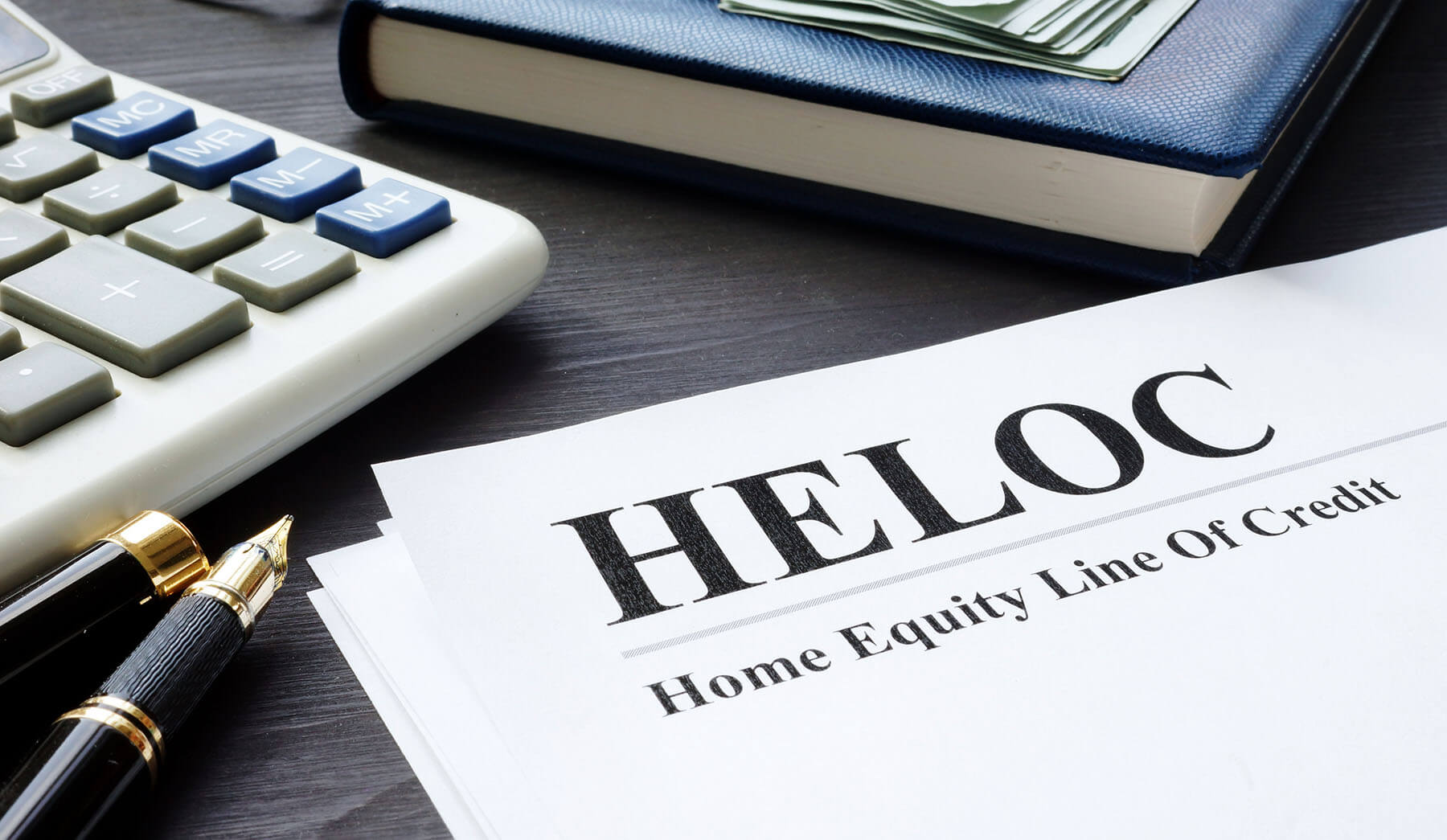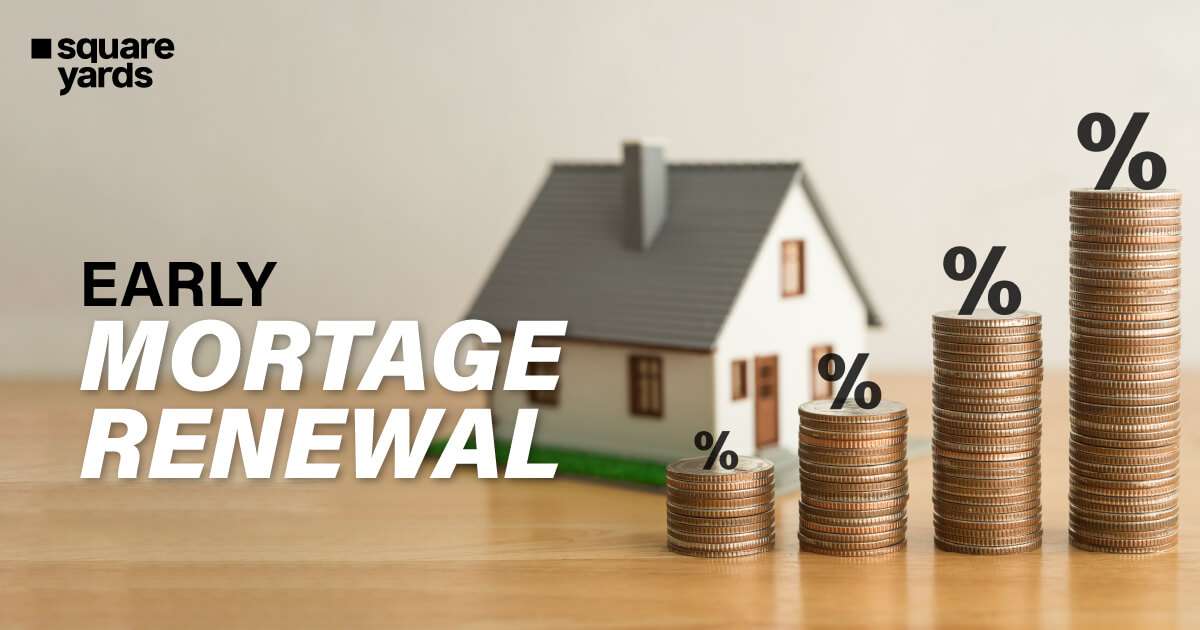Have you been wondering how to take equity out of your home? If the answer is yes, look no further—you have come to the right place. Let us first understand home equity. Home equity is a homeowner’s most valuable asset, representing the portion of property they own after considering the mortgage balance owed. Taking out equity on your home can give you financial flexibility if you require funds for various purposes such as home renovation, consolidating debt, or funding significant life events. Our comprehensive guide on home equity will help you understand the basics of home equity, how to access it, and tips for making smart decisions about your home’s value.
Definition of Home Equity and How Does Equity Work?
Home equity is the difference between a home’s appraised value and the mortgage balance owed. When you buy a home, you automatically have some ownership of it, equal to the amount you paid as a down payment. You can increase your equity by making more mortgage payments and appreciating your home’s value with time.
Step By Step: Learn to Calculate Home Equity
The step for calculating your home equity is simple. You can subtract the outstanding amount of the mortgage from the property value. For instance, assuming your home is valued at $300,000 and you owe $180,000, your home equity is $120,000. Most lenders have a limit on the amount you can borrow, which is often limited to 80% to 85% of the available equity. In addition to this, they also evaluate the loan-to-ratio value (a comparison of the amount you owe and your home value).
Means and Methods: Taking Out Equity On Your Home
There are three means of taking out equity on your home and converting it into cash:
Loan on Home Equity
Taking a home equity loan provides a lump sum amount at a determined rate of interest that needs to be repaid within a set period. It is similar to a mortgage in which the home equity secures the loan. Home equity loans are often considered a second form of mortgage, thus leading to a higher interest rate than the first one. The main reason behind this is the lender’s position in which he can recover their money only after the first lender has recovered their amount in unfortunate cases of loan defaulting.
|
Advantages |
Disadvantages |
|
It is beneficial for those who have a large part of their homes. |
It is not meant for those with a huge mortgage debt. |
|
It is ideal when you need a fixed amount to cover certain emergency costs. |
It is not meant to be used for unnecessary expenses. |
HELOC

HELOC is short for Home Equity Line of Credit. It functions similarly to a credit card in which you are approved for a predetermined amount but do not use it all at once. Instead, you will borrow only the amount you require. HELOC’s rate of interest varies depending on the prime rate. However, some lenders may offer you the option of converting a part of your HELOC into a fixed rate.
Most Home Equity Lines of Credit (HELOC) involve two lending stages spanning over 30 years. The initial stage, known as the draw period, usually lasts 10 years, during which the line of credit remains open, and you should pay only the interest. Once this time ends, you will no longer have access to the funds, and then you will have 20 years to repay both the interest and the principal.
|
Advantages |
Disadvantages |
|
It is beneficial if you need funds urgently. |
It is not a suitable option if you prefer fixed interest rates. |
|
It is beneficial if you are obligated for the long term and have no estimate of how much you require. |
It is not meant for borrowers who don’t want long-term debt. |
Cash-out Refinance
Cash-out Refinance is a type of mortgage that allows you to finance your current loan for more than what you currently owe, and you can receive the difference. In this option, the new loan will replace your current mortgage, and depending on the market, you may get a better interest rate or more favourable repayment terms on the newly taken loan.
|
Advantages |
Disadvantages |
|
It is suitable if you are thinking of refinancing your mortgage. |
It is unsuitable if your mortgage due is higher than your home equity. |
|
It is ideal to have only one large loan rather than two loans. |
It is not helpful if you are not eligible for a lower rate of interest. |
Figure Out: The Right Home Equity For You
Taking out equity on your home depends on your financial goals. Here are some scenarios you can consider:
Debt Repayment

If you have high debt on your credit cards or loans, consider taking a loan using your home equity. This allows you to borrow the required amount to repay the outstanding amount and make payments in a set period with a determined interest rate. This makes it easier to plan your budget for payments.
College Expenses
A home equity line of credit (HELOC) could be a better option for paying tuition or college education fees. Since these payments will come up regularly, it might be more sensible to withdraw the funds as you require them. In this manner, you’ll only accumulate the interest on the borrowed amount.
Home Renovation
The best financing option for a home improvement project depends on the nature of the project and whether you have an estimate of the required amount. A cash-out refinance or a home equity loan is a viable option for a single project like an HVAC system replacement or swimming pool installation. However, if you’re considering multiple projects with an undefined timeline and costs, a viable option could be a HELOC. Thus, you can pay the contractors on an instalment basis while having a reserve for drawing in case the project is beyond the budget.
Upper Hand: Advantages of Taking Equity Out Of Home
If you need to fund large expenses, taking out equity from your home and utilising it can be cost-effective.
Lower Rate of interest
One of the main advantages of using your home equity is you can borrow money at much lower interest rates compared to credit cards or personal loans. According to Vikram Gupta, Executive Vice President and Head of Home Equity at PNC Bank, “It is often the most affordable financing option for homeowners, as the house secures the loan, and lenders can give lower rates in comparison with other lending products.”
Flexibility
No restrictions exist on how you use funds from HELOCs and home equity loans.
Tax Benefits
If you use funds from a line of credit or home equity loan to improve your home, the interest paid might be eligible for a tax deduction. According to the IRS, the deduction can be claimed if the money is used for buying, building, or improving your home and if you present tax return deductions.
Likelihood: Risks Involved in Taking Home Equity
Taking equity out on your home has advantages but is not risk-free.
Using home as collateral
One major disadvantage of obtaining a HELOC or home equity loan is that your home is used as security for the loan. If you consistently fail to make monthly payments, the lender can take possession of your home.
Possibility for borrowing and credit consequences
If your home is foreclosed, it can significantly impact your credit score, leaving a negative mark on your credit report for seven years, starting from the day of the missed mortgage payment. This can affect your ability to borrow money, as lenders may require a waiting period for you to be eligible for a mortgage again.
Additionally, if you owe more on your mortgage than the foreclosure sale brings in. In that case, you may get a deficiency judgment, allowing the lender to collect the remaining amount from you, either by garnishing your wages, putting a lien on your other property or levying your bank accounts.
Market Conditions
Some people may worry about taking equity out of their homes, especially if the real estate market is down-turning. In such a scenario, property values may drop, and borrowers may owe much more than their home’s worth. Jason Salcido, an assistant vice president at PenFed Credit Union, explains that this is a risk borrowers may face when home values are declining.
Key Factors: Considerations Before Getting a Home Equity Loan
If you are considering taking equity from your home, here are some important factors to keep in mind:
Lower Rates of Interest
Home equity loans and HELOCs generally offer lower interest rates than other loans, such as credit cards. Additionally, they may be easier to qualify for as they are secured loans, meaning your home serves as collateral.
Fluctuation of Home Values
It’s important to be cautious when considering home equity loans due to the fluctuation of home values. If you take out a large loan and the value of your home decreases, you may end up owing more than your house’s worth. This situation is commonly known as “underwater or upside-down.” During the housing crisis of 2008, millions of borrowers found themselves stuck. They couldn’t sell because their home values dropped, and their mortgage debt was worth more than their homes.
Risk Involved
If you bought or refinanced your house when the rates were considerably low and the rate you’ll be borrowing is significantly higher, think twice before doing a cash-out refinance. Falling behind on the payments could lead to foreclosure.
What Next
If you’re considering taking equity out of your home, the first step is estimating its worth. Once you’ve determined that, you must check if you meet the eligibility criteria for a refinance or home equity loan. To do so, divide your mortgage balance by your home’s value. The next step is explaining why you are taking equity out of your home, how you plan to use it, and when you can repay it. It is best to use the equity only for such purposes with clear financial outcomes. For instance, you could use it to consolidate other debts with a lower interest rate or increase your home’s value. Lastly, you can choose from a HELOC, home equity loan, or cash-out refinance.
You May Also Read :
|
Know The Home Equity Interest Rates |
|
|
All About Home Equity Loan in Canada |
|
|
Guide To Owners Equity |
|
|
What is Home equity line of credit |
Frequently Asked Questions (FAQs)
Homeowners often have a significant amount of their worth in their homes. Borrowing against home equity is a cheap financing option. But if you have other sources of liquidity, compare the cost and returns of a home loan before deciding.
Consider loan type, lender policies, and home value to get equity from your home. The Loan-to-Value Ratio (LTV) determines the maximum loan amount based on a percentage of your home's value minus any mortgage. Your credit score, debt-to-income ratio, financial history, and market conditions influence your borrowing ability. Seek help from a financial advisor or mortgage specialist to select suitable equity access products, such as a home equity loan, HELOC, or cash-out refinance.
Making larger or additional payments to pay off your mortgage faster is the quickest way to build equity in your home beyond regular mortgage payments. Is it a good idea to take equity out of your home?
How much equity can you take out of your home?
What are ways to increase your home equity?










